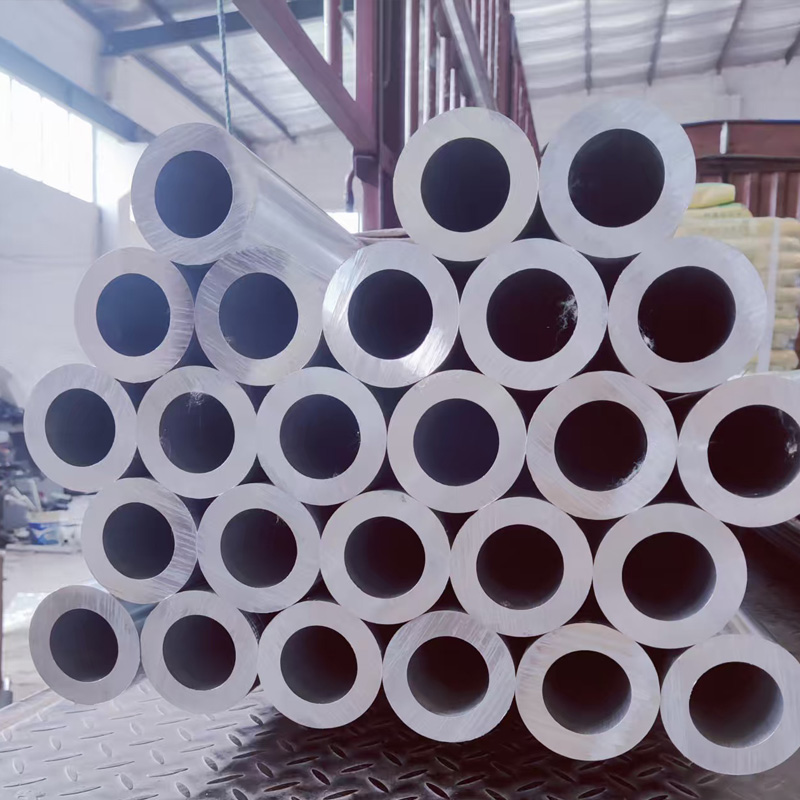How to Extend the Lifespan of Your Aluminum Tubes

Understanding Aluminum Tube Properties
Aluminum tubes offer exceptional strength-to-weight ratios and natural corrosion resistance, making them ideal for structural applications. The lifespan of these tubes typically ranges from 20-50 years depending on environmental conditions and maintenance practices. Key factors affecting longevity include alloy composition (3000 vs 6000 series), wall thickness (0.5mm to 6mm), and surface treatments like anodizing or powder coating.
Proper Handling Techniques
Always use clean gloves when handling aluminum tubes to prevent oil or sweat contamination that can initiate corrosion. For heavy-duty applications like those requiring Galvanized coils, consider using lifting equipment with nylon straps instead of metal hooks to avoid surface scratches. Follow these specific handling protocols:
- Store tubes separately from dissimilar metals to prevent galvanic corrosion
- Use protective end caps during transportation
- Implement a first-in-first-out (FIFO) inventory system
Optimal Storage Conditions
Maintain relative humidity below 60% in storage areas to prevent moisture accumulation. Elevated storage racks should have rubber padding to minimize contact points. For coastal environments, consider our specially treated Galvanized coils with enhanced salt-spray resistance meeting ASTM B117 standards.
Maintenance Best Practices
Develop a quarterly inspection routine checking for:
Material Selection Guide
Choose alloy grades based on application requirements:
- 6061-T6 for structural applications (35,000 psi yield strength)
- 3003-H14 for excellent formability
- 5052-H32 for marine environments
Surface Treatment Options
Our Galvanized coils undergo passivation treatment (C) per EN10147 standards, offering superior protection. For aluminum tubes, consider these surface treatments ranked by protective capability:
- Hard coat anodizing (0.002-0.003" thickness)
- Powder coating (2-4 mils DFT)
- Chemical film conversion coating
Industry-Specific Applications
In aviation applications, our aluminum tubes meet MIL-STD-889 requirements for dissimilar metal prevention. For architectural uses, we supply tubes with Class I anodizing per AAMA 611 specifications.
Why Choose Diwang Aluminum
With 20+ years of experience and ISO-certified production facilities, we provide:
- Custom alloy formulations
- Third-party quality certifications (SGS, BV)
- Just-in-time delivery systems
Frequently Asked Questions
Q: How often should I inspect aluminum tubes?
A: Quarterly for standard environments, monthly for coastal or industrial areas.
Q: Can aluminum tubes be recycled?
A: Yes, aluminum maintains 95% of its original properties when recycled.
Contact Our Experts
For technical specifications on our Galvanized coils or aluminum tube products, contact our engineering team for personalized recommendations based on your project requirements and environmental conditions.
Leave A Message
If you are interested in our products and want to know more details, please leave a message here, we will reply you as soon as we can.
